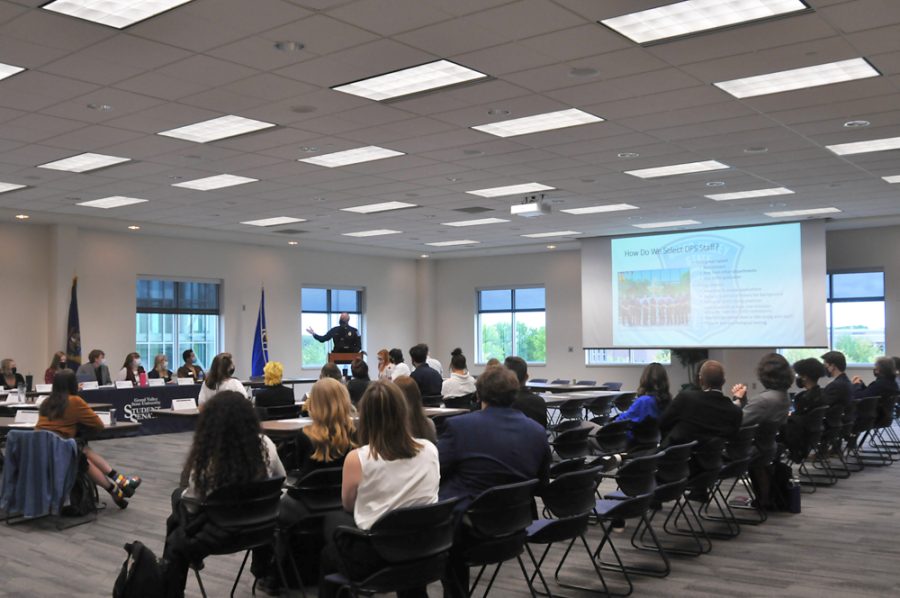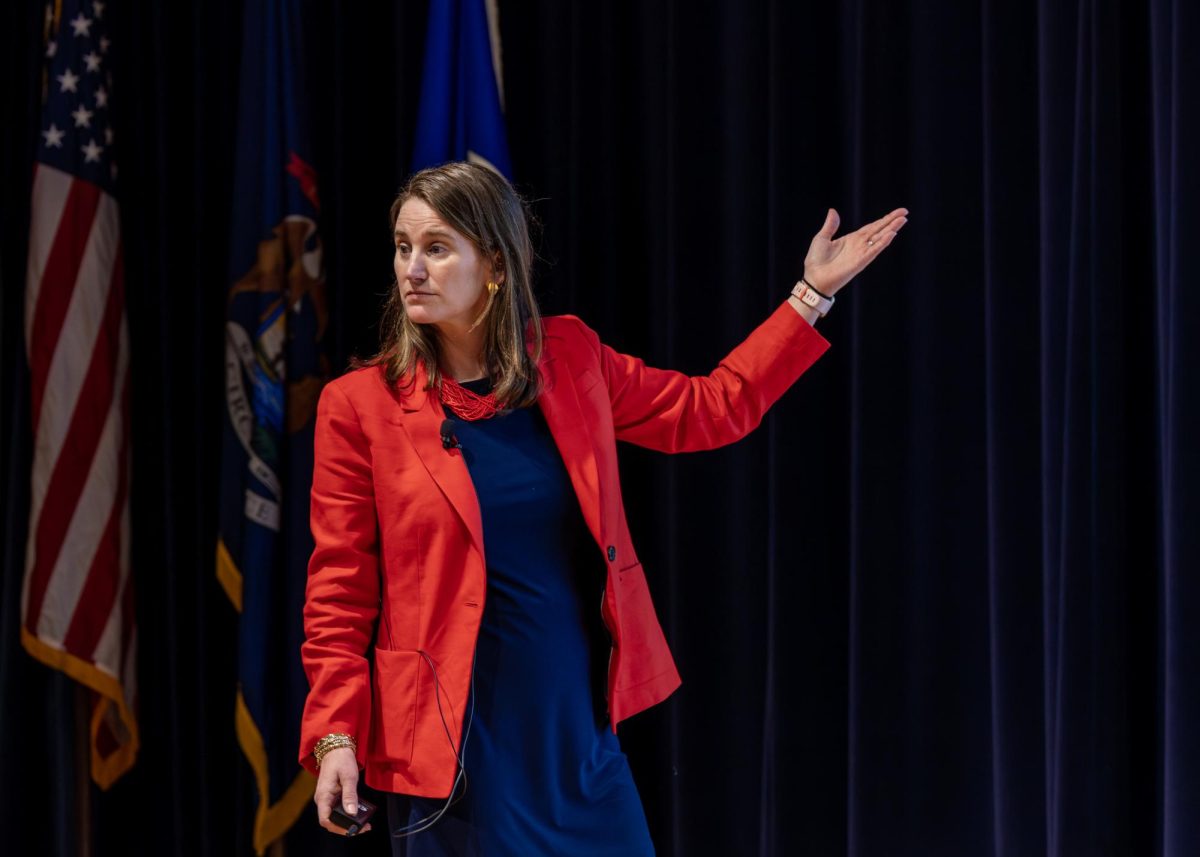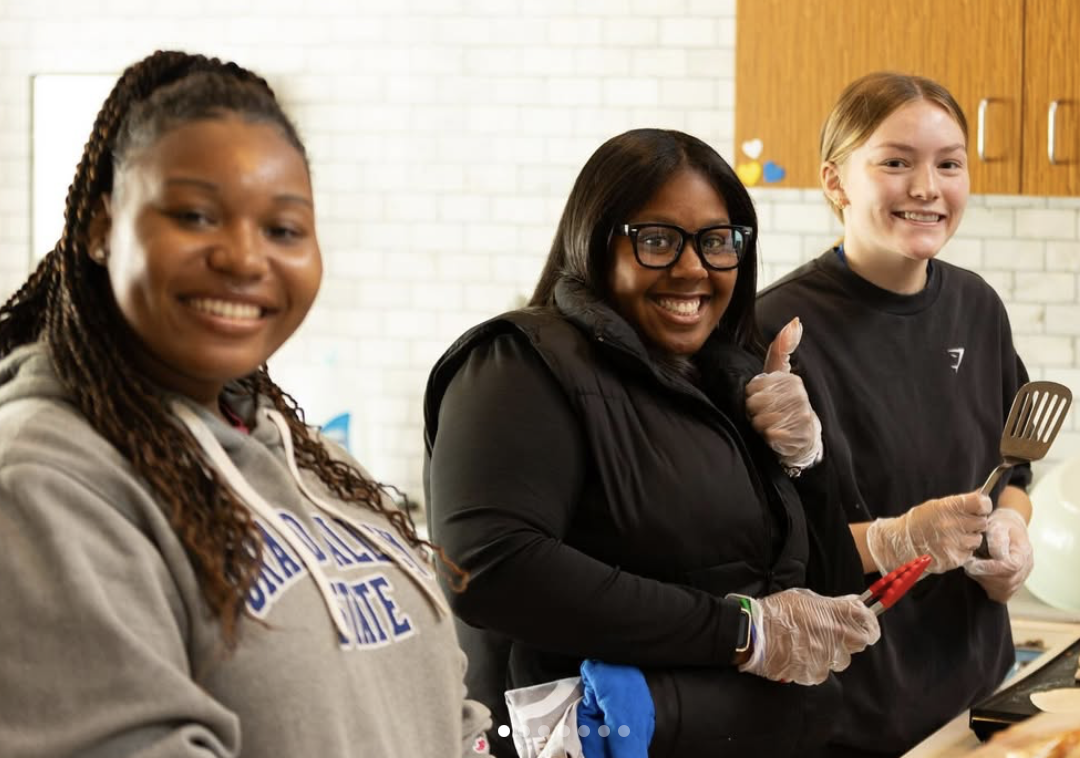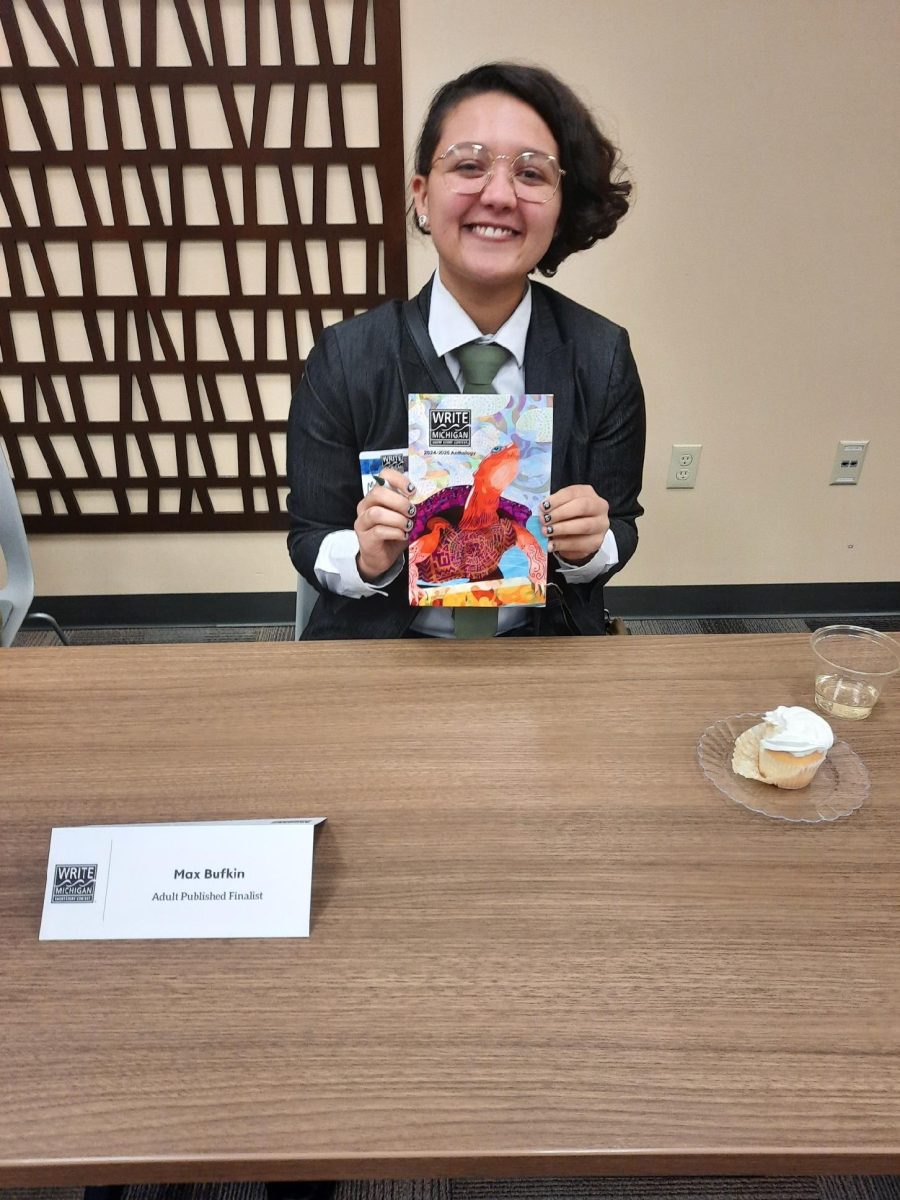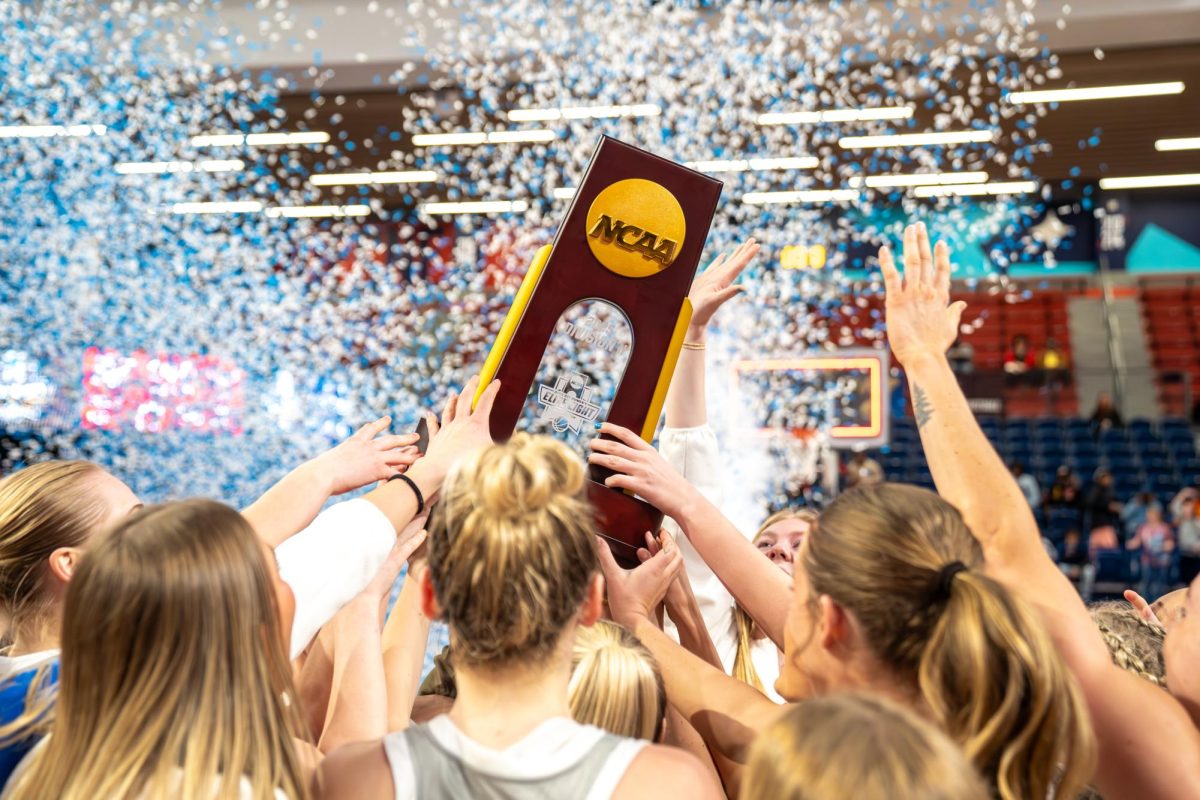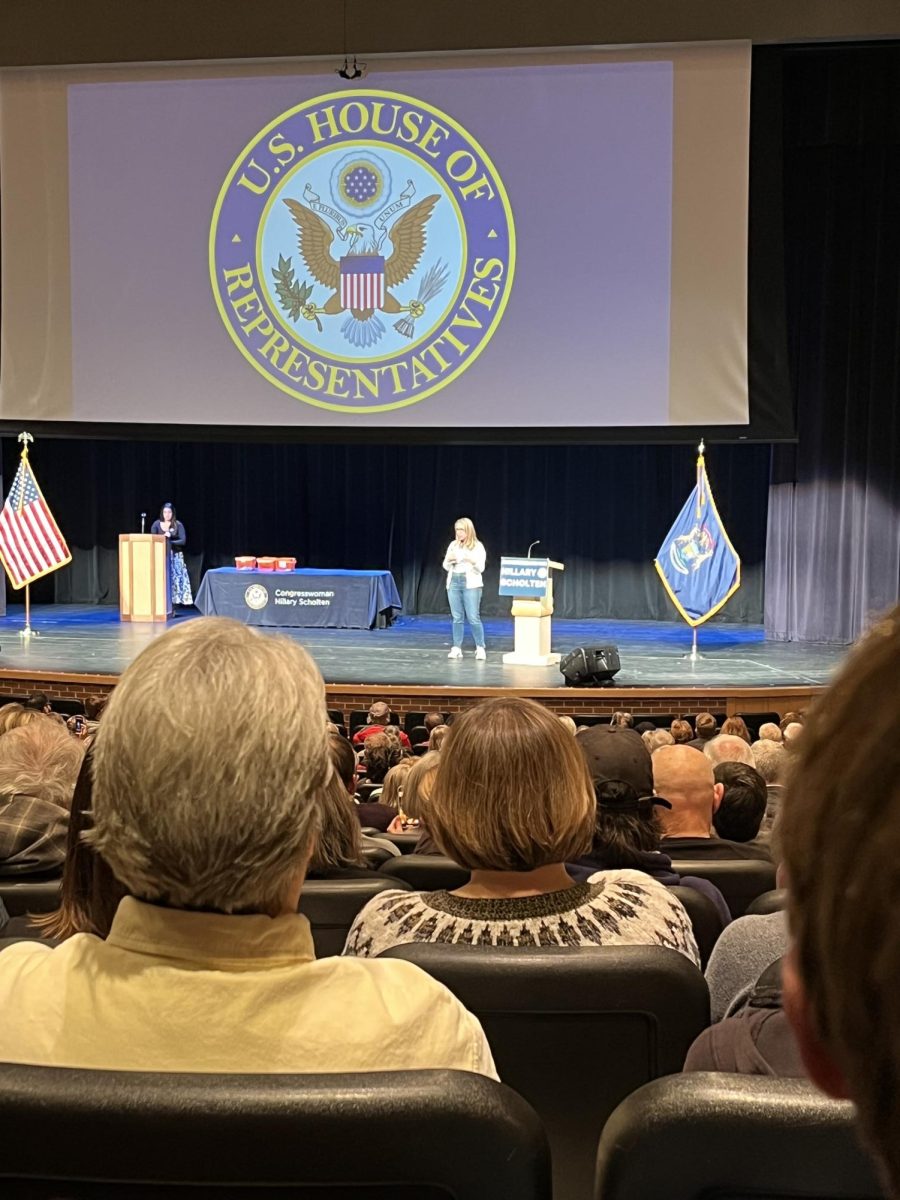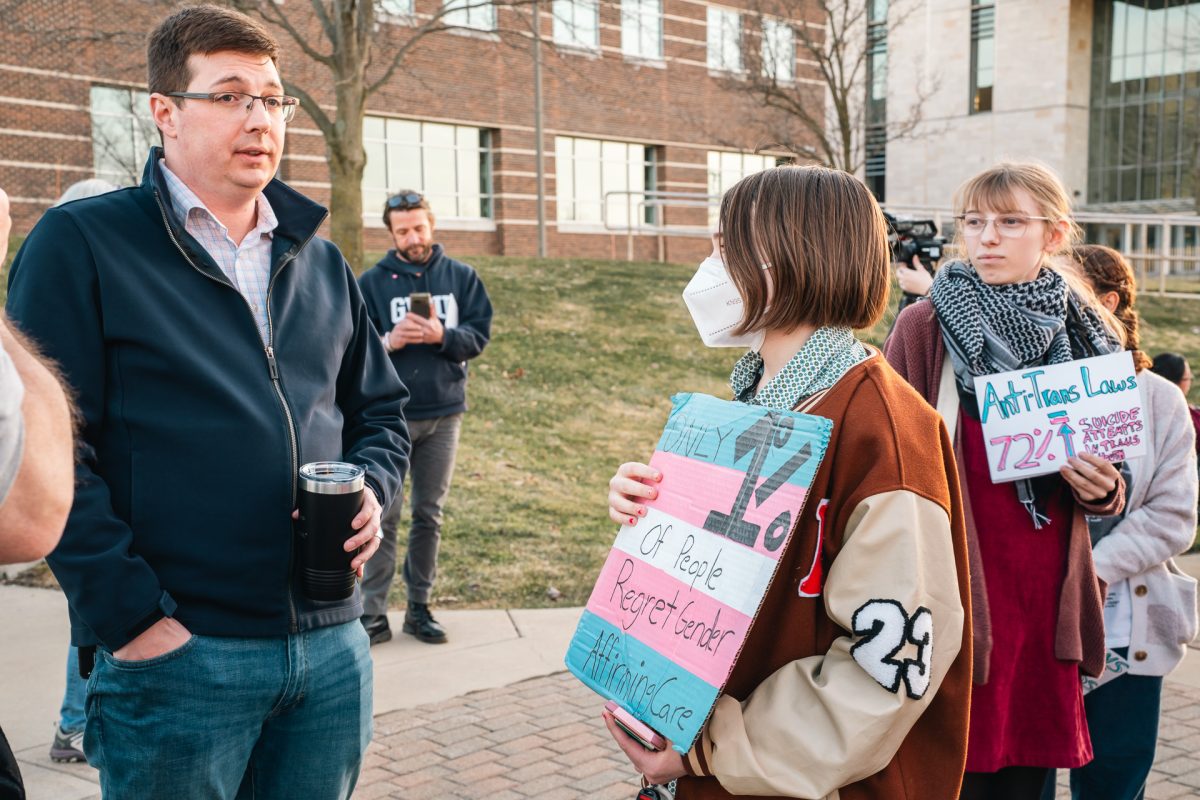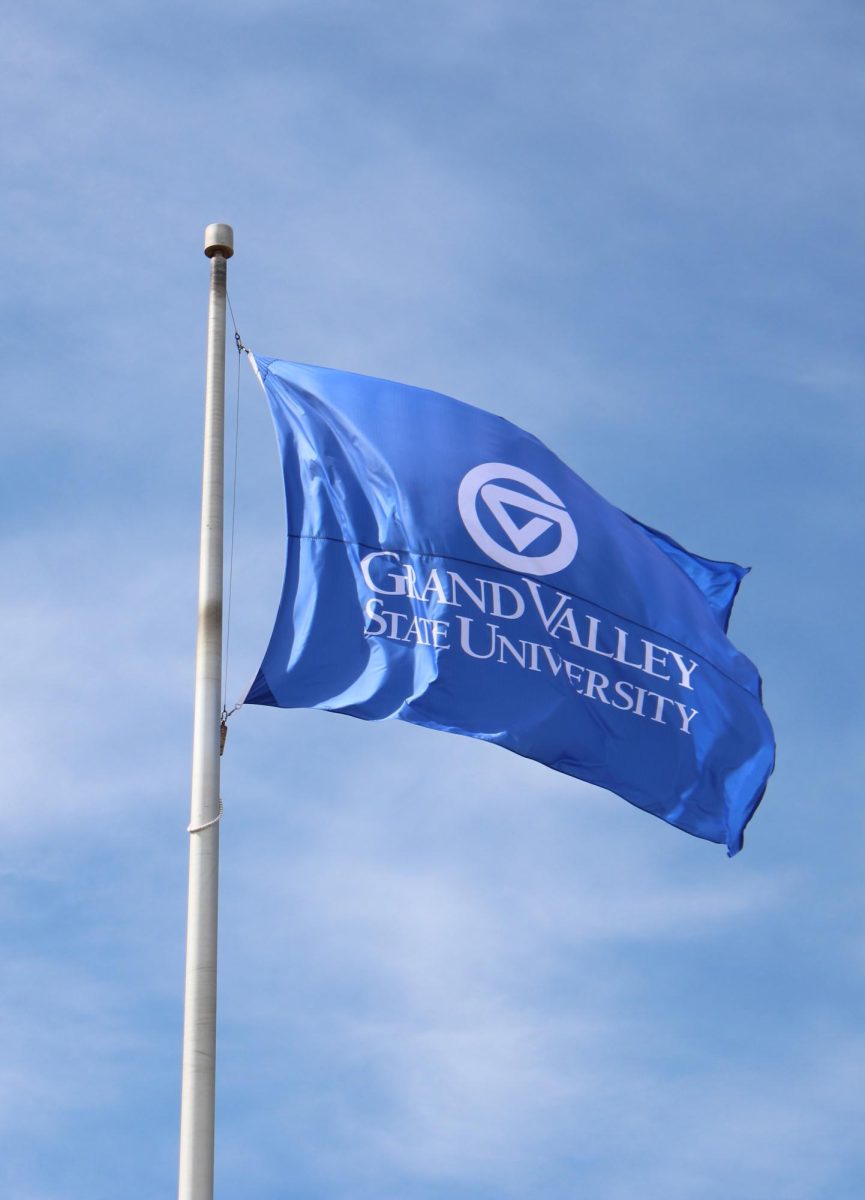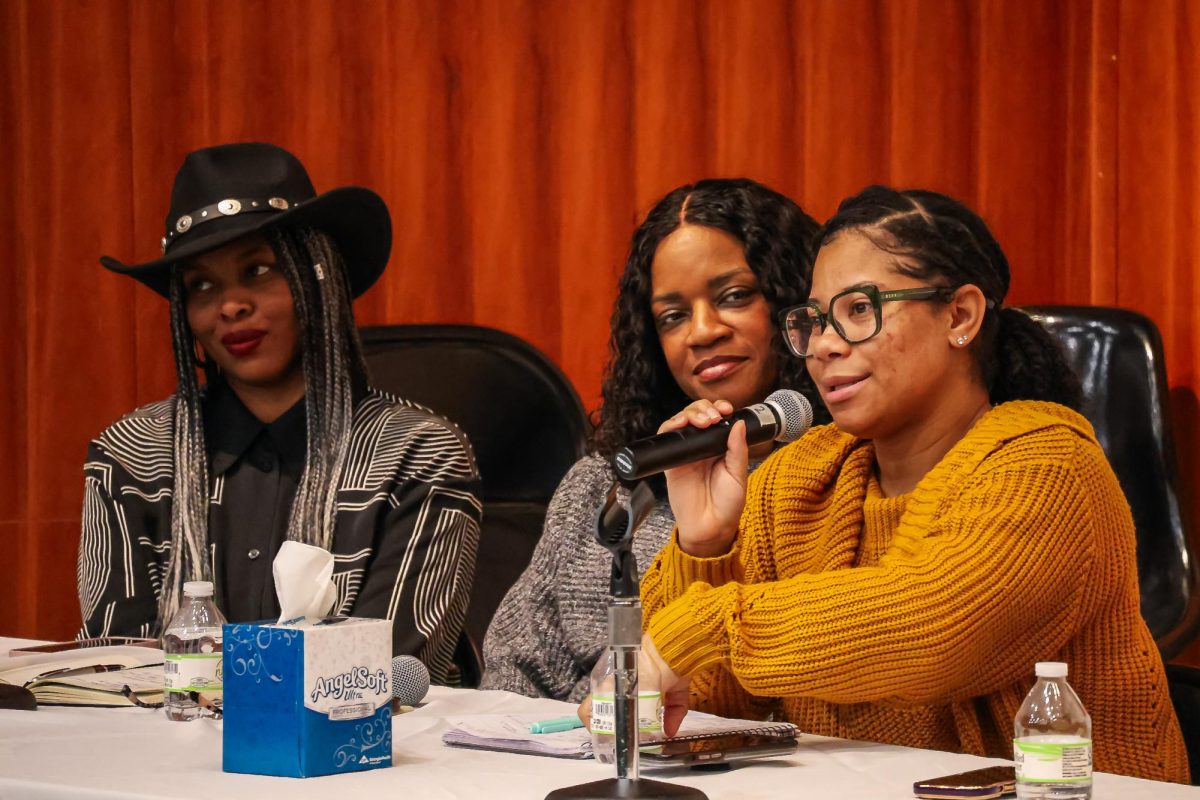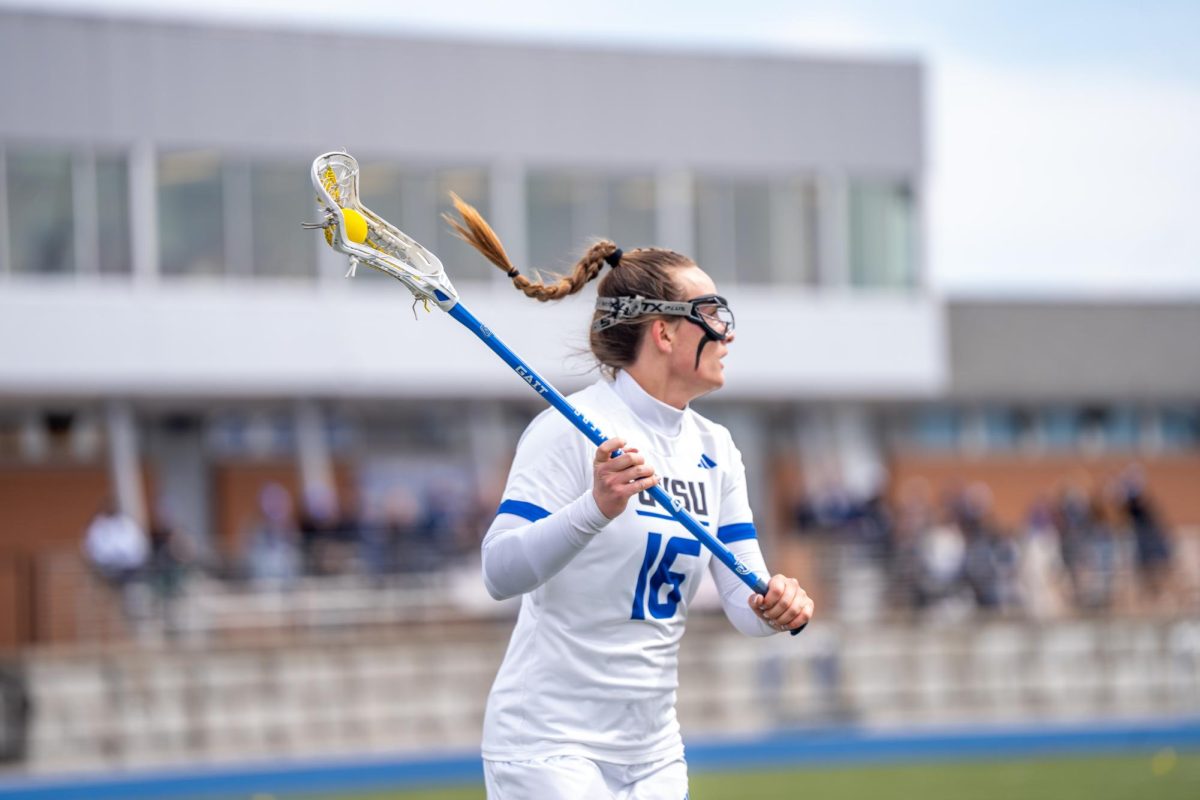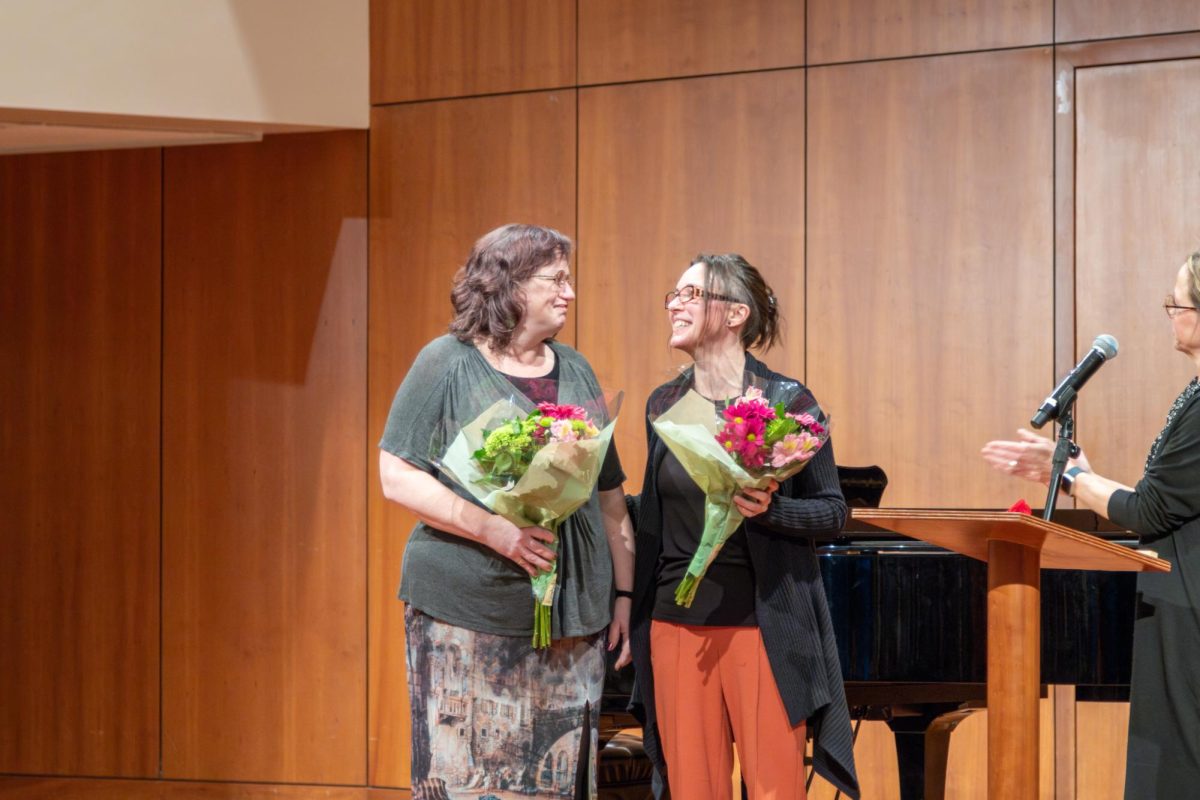GV Student Senate EAC takes on drive for reducing textbook costs
Oct 25, 2021
Student concerns over class expenditures are nothing out of the ordinary. One solution has already began to save Grand Valley State University’s student body hundreds of thousands of dollars a year and could save them much more. It is leading GVSU’s Student Senate and its Educational Affairs Committee (EAC) to take up the mantle on reducing textbook costs.
In their Oct. 21 meeting, Student Senate hosted guest speakers Matt Ruen, GVSU’s Scholarly Communications Outreach Coordinator, and Justin Melick from GVSU’s University Libraries. The representatives both outlined the importance of reducing textbook and resource costs as well as explaining how to do so. Their proposition: open educational resources (OER).
“In the library, across campus, in e-learning, we care about (and) are working to support the use of OER and zero-cost materials in part because we recognize the cost of educational materials is a real barrier to learning (and) a real barrier to education,” Ruen said.
Providing further context to emphasize its importance, Ruen detailed for the Senate exactly what OER was.
“This is the same sense that ‘open’ is used in open-source software,” Ruen said. “It’s freely available for people to find and use but also includes permission allowing other users to modify, customize, combine open materials to do new things with them.”
An expansion of access, Ruen told the Senate, can work to significantly relieve potential financial burdens for students.
“When an instructor chooses to use an open textbook or other zero-cost materials, I say zero-cost to encompass things like journal articles from the library’s collections, the university ends up paying for those,” Ruen said. “You as an individual student taking those courses do not pay for those journal articles.”
Ruen’s research on how more OER at GVSU could affect students suggests that it would be no small drop in the bucket. Ruen and Melick estimated for the Senate that the presence of OER access saved the student body around $540,000 last year alone.
Ruen spoke about the previous action taken by the Student Senate to aid in the expansion of OER, including it previously passing a resolution to endorse OER and encouraging their use among faculty as well as requesting a university task force to aid the cause. Recently, Ruen and Melick have gained momentum with the help of a committed ally in Student Senate Vice President for Educational Affairs Faith Kidd.
“The entire reason I was even interested in the position in the first place was I believe that everybody should be able to access education and educational resources to move forward,” Kidd said. “I think that open access and open resources for students are a part of equity in education because if our textbooks are free or affordable, more students can access them, and more people can learn.”
Together, Kidd said her committee and the library representatives have already made progress expanding OER access on campus.
“Like Matt touched on today, we put funding towards editors and curators to increase open educational resources use on campus,” Kidd said. “So, I think the university is gradually making steps.”
Kidd also made mention of a survey being released by her committee regarding students’ textbook costs and their enrollment status.
“We’re going to use that data to write legislation to take to (the University Academic Senate) and (Executive Council of the Senate) to prove, like, ‘This is what students are spending on textbooks (and) this is what they could be spending money on,’” Kidd said.
Ahead of International Open Access week next week, Kidd and the representatives are already planning additional events to raise awareness around OER.
Going forward, Kidd aims to drive the university to include open access and resources in all general education courses, opening the gateway for reduced costs that will be felt throughout the student body.





